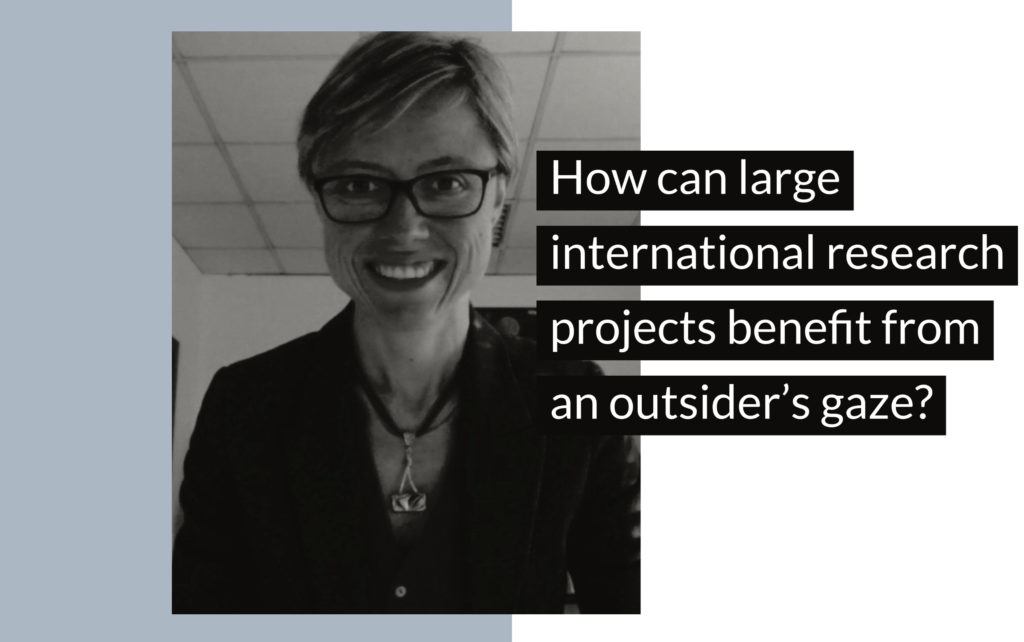
Eleven partner institutions and Work Packages, nine countries, and three years of cross-disciplinary research: in her role as PROTECT’s Independent Ethics Adviser, Emanuela Ceva’s outsider perspective will assist the consortium in navigating through complex ethical issues and blind spots that may arise along the way: – They may be elusive, but ethical issues are ubiquitous across the entire research actives of large research projects as PROTECT.
When asked to describe the main ethical challenges that large, cross-disciplinary research consortia might be faced with throughout their project period PROTECT’s Independent Ethics Adviser, Emanuela Ceva depicts two camps: external and internal challenges.
– Internal issues concern the terms and conditions of interaction and the relationships dynamics between project’s partners and across the project’s research teams. Some such issues may emerge during the project period, for example, as a result of unexpected circumstances, such as the consequences of the COVID-19 pandemic for instance, which may affect one of the partner’s capacity to perform certain assigned roles and tasks, she says.
While many potential issues and risks are addressed in legal terms in the project’s Grant Agreement and Consortium Agreement there are still many grey areas to be identified that require ethical sensibility, says Ceva and poses the following questions:
– What is the appropriate threshold of tolerance of noncompliance with the terms of the original agreement? How should the prospective responsibilities for making up for a partner’s failure be divided across the other partners?
– An ethics adviser may offer an external eye on these issues, unaffected by the possible strains of internal dynamics of interaction, and assist in navigating the grey areas and blind spots unreached by legal action or where this latter might not be appropriate or conclusive, she says.
Ceva also points out that she can also utilize her external gaze and overview to enable synergies across PROTECT’s teams and their research:
– An ethics adviser has a global overview of the project’s research activities and may, therefore, identify best practices and encourage the partners to share them as they address similar issues but in different contexts and with reference to various methodological approaches, Ceva explains.
Identifying conflicts of interests
The other strand of issues Ceva identifies is of external nature and concerns relations between partners in the consortium and other entities, such as other research consortia or institutions like NGOs or international agencies:
– Some of such entities have agendas or receive funds from subjects whose agendas might raise a concern of coherence with the spirit of the research, she explains.
– An independent ethics adviser can offer assistance in identifying and addressing potential conflicts of interest or grappling with disagreements concerning the opportunity of engaging with some external entities.
Fresh eyes on ethically sensitive research
An important aspect of PROTECT’s research is conducting interviews and surveys among refugees, migrants, and asylum seekers, many of whom have faced – and who are currently living through hardships and uncertainty – and therefore are particularly vulnerable.
Ceva points out that while PROTECT’s research agenda undoubtedly is important it is also ethically sensitive. This needs to be reflected in how vulnerable subjects and understandings and portrayals of vulnerability are included and addressed in the research.
She elaborates:
– A particular care should be paid to address vulnerable subjects in ways that allow for an investigation of the sources of their vulnerability, such as poverty or being part of a marginalized minority, without stigmatizing it or reading it in the light of some more or less explicit biases, for instance related to gendered roles in traditional communities.
Ceva does however also stress that PROTECT’s consortium partners are experienced researchers who are aware of the standard precautions necessary in carrying out qualitative research and fieldwork in close contact with vulnerable subjects:
– The role of an ethics adviser is one of consultancy here, as some of the researchers may have some doubts that require ad hoc discussion, Ceva concludes.
Professor Emanuela Ceva is PROTECT’s Independent Ethics Adviser. Ceva is Professor of Political Theory at the Department of Political Science & International Relations at the University of Geneva, Switzerland.
Her research interests include theories of justice and value conflict, democracy, political corruption, and the treatment of minorities in a democracy. Ceva has published in the Journal of Political Philosophy, Journal of Applied Philosophy, Politics, Philosophy & Economics, European Journal of Philosophy, Social Theory and Practice, and the Journal of Social Philosophy. She has extensive experience as a is also author of the book Interactive Justice (Routledge 2016) and co-author of Is Whistleblowing a Duty? (Polity 2018).
> More details
PROTECT’s Ethics Board
PROTECT’s Ethics Board oversees the project’s overall research-ethical and gender aspects with respect to both research design and implementation. Apart from PROTECT’s Independent Ethics Adviser, it consists of the following members:
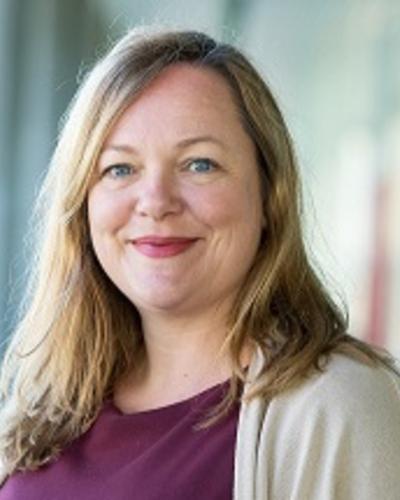
Professor Christine Jacobsen, University of Bergen
Photo: Uib
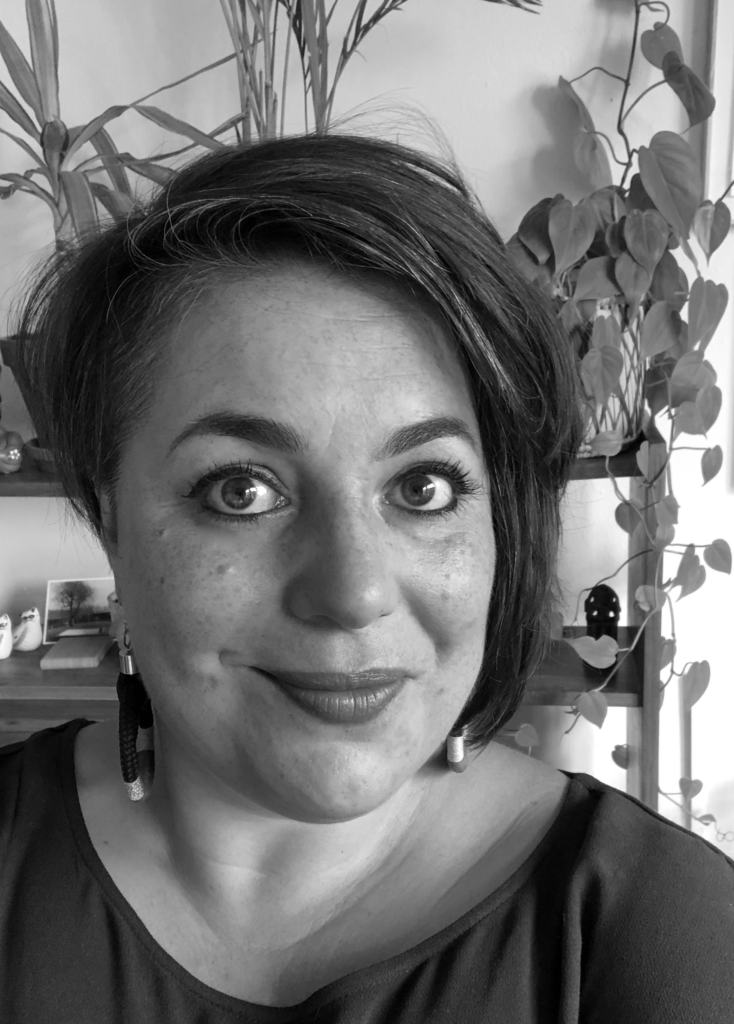
Associate Professor Jo Vearey, Wits Univeristy
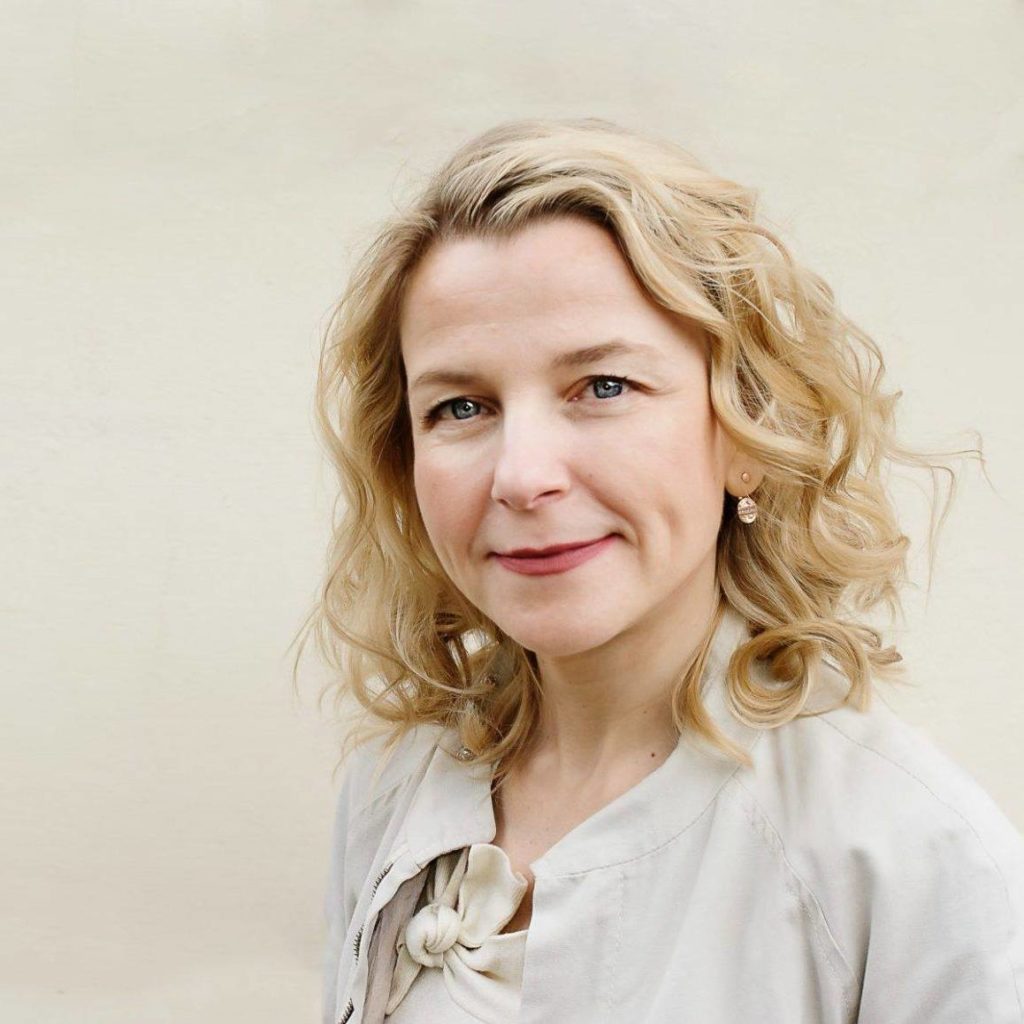
Professor Anamaria Dutceac Segesten, Lund University
Photo: Lund University
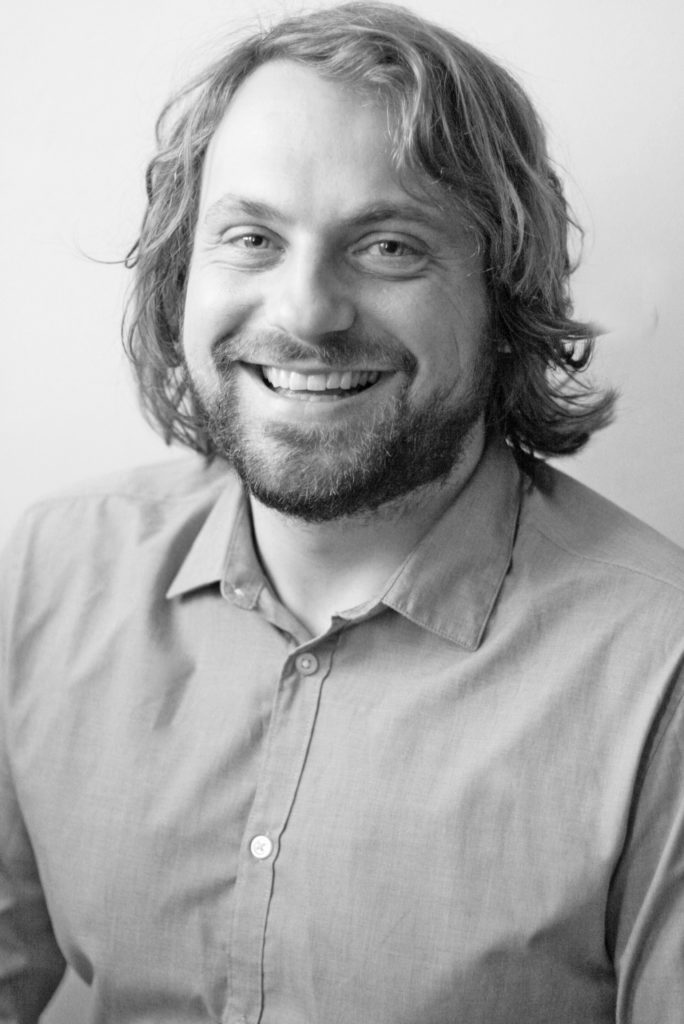
Professor Raphael Heiberger, University of Stuttgart
Photo: University of Stuttgart
